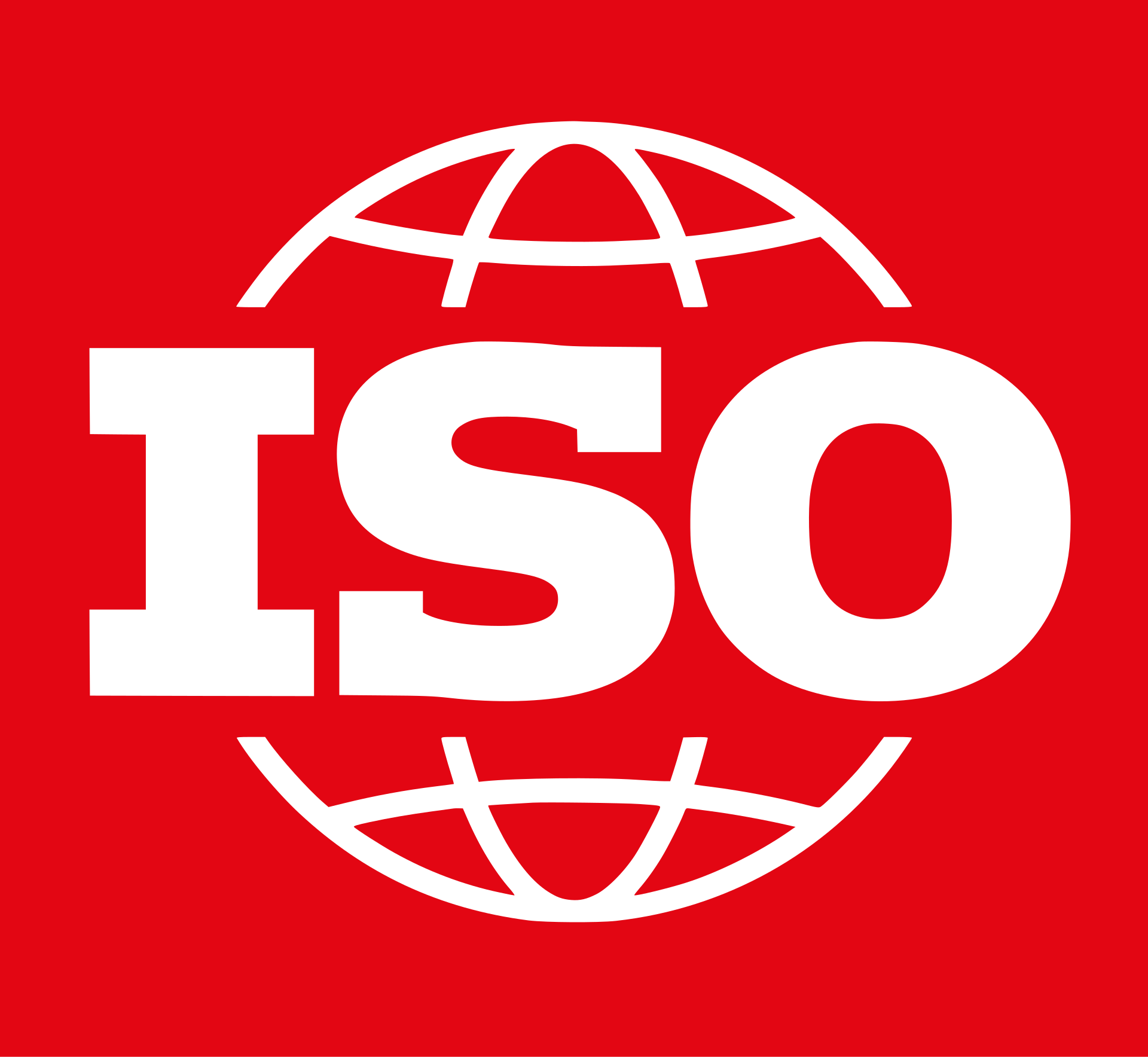ISO 50001
ISO 50001 is an international standard that specifies requirements for establishing, implementing, maintaining, and improving an energy management system (EnMS). The standard aims to enable organizations to follow a systematic approach in achieving continual improvement of energy performance, including energy efficiency, use, and consumption.

Definition and purpose
The primary purpose of ISO 50001 is to help organizations establish systems and processes necessary to improve energy performance, including energy efficiency, use, and consumption. The standard is intended to lead to reductions in greenhouse gas emissions, energy cost, and other related environmental impacts, through systematic management of energy.
Governing Body
ISO 50001 is developed and published by the International Organization for Standardization (ISO).
Last updated
ISO 50001 was last updated in 2018.
Applies to
ISO 50001 is applicable to any organization, regardless of its size, sector, or geographical location. It is especially relevant for energy-intensive organizations but can be implemented by any organization wishing to enhance its energy efficiency and performance.
Controls and requirements
ISO 50001 requires an organization to establish an energy policy, objectives, targets, and action plans, which take into account legal requirements and information related to significant energy use. Key elements include:
- Energy Policy: Defining an energy policy that is appropriate to the nature and scale of the organization’s energy use and consumption.
- Energy Planning: Conducting an energy review, establishing a baseline, identifying energy performance indicators (EnPIs), and setting energy objectives and targets.
- Implementation and Operation: Managing responsibility, training, communication, documentation, operational control, and design.
- Checking and Corrective Action: Monitoring and measuring processes, complying with legal requirements, dealing with non-conformities, and controlling records.
- Management Review: Conducting regular reviews of the energy management system's effectiveness.
Please refer to the official ISO 50001 documentation for details on controls and requirements.
Audit type, frequency, and duration
Audits typically involve an external certification body assessing the organization's compliance with ISO 50001 requirements. Certification is usually valid for three years, with annual surveillance audits required to maintain certification.
The duration of the audit depends on the size and complexity of the organization, the scope of the energy management system, and the degree of conformance to the standard's requirements.
